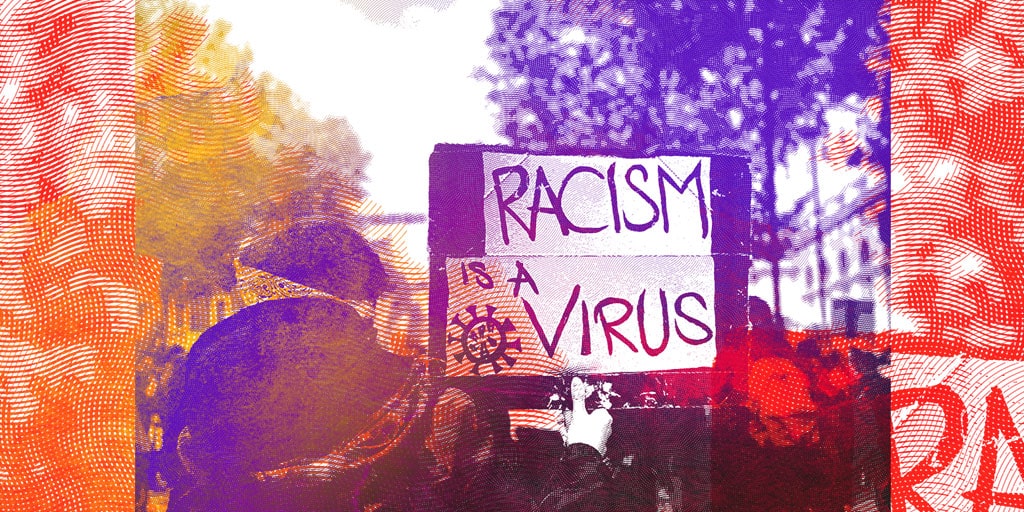On July 13, the U.S. State Department extended an official invitation to U.N. experts, including the U.N. Special Rapporteur on contemporary forms of racism, to visit the United States. U.S. Secretary of State Antony Blinken’s announcement follows the adoption of a highly-anticipated U.N. Human Rights Council resolution to address systemic racism against Africans and people of African descent in the context of law enforcement globally.
Access Now and a coalition of human rights groups, including the USC Gould School of Law’s International Human Rights Clinic (USC IHRC) and Foley Hoag LLP (on behalf of Access Now), welcome the State Department’s request for U.N. human rights experts to investigate systemic racism and U.S. police violence against anti-racism protesters.
“We applaud the U.S. government for requesting this study, more than a year after police responded to overwhelmingly peaceful protests with unlawful surveillance, arbitrary violence, and persecution,” said Peter Micek, General Counsel and U.N. Policy Manager at Access Now. “Defending human rights in the U.S. must center the experiences of Africans and people of African descent, and should help advance digital security for people most at-risk.”
This development aligns with Access Now’s, USC IHRC’s, and Foley Hoag LLP’s recommendations from their December 2020 submission to the U.N. High Commissioner, which directly informed the High Commissioner’s report on the topic. This report led to a U.N. Human Rights Council resolution that signals the U.N.’s commitment to confront systemic racism, racial discrimination, and xenophobia in the context of law enforcement against Africans and people of African descent worldwide, creating a three-year mechanism to study the situation.
“Establishment of this mechanism is an important step forward in acknowledging that global systemic racism in law enforcement against individuals of African descent is directly tied to the legacies of colonialism and slavery,” said Professor Hannah Garry, Director of the USC Gould International Human Rights Clinic. “The mechanism should gather data in support of strong recommendations for accountability and redress with respect to those legacies.”
Our submission to the U.N. High Commissioner is situated in broader advocacy outputs, including an Urgent Appeal to the U.N. Special Rapporteur on the Rights to Freedom of Peaceful Assembly and Association, a virtual side event directed at the U.N. General Assembly, coalition efforts with the ACLU on the U.S. Universal Periodic Review, and expert testimony in a civil society consultation with the Office of the High Commissioner for Human Rights .
